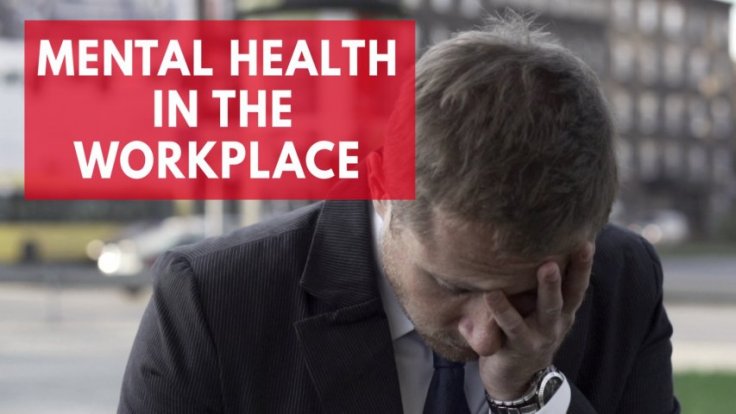
Do you often hear people quitting a job because of their boss or individuals taking a break from work to focus on themselves? This is a trend these days as a survey says about 50 per cent of Millennials and 75 per cent of Generation Zers quit their jobs for mental health reasons.
The survey shedding a light on lived experiences and stigma around mental health issues at workplaces in the US suggests that young people are now quitting work in order to prioritize themselves over a stressful job.
According to the Mind Share Partners report, at least one out of five US adults cope with one or multiple mental health issues, including depression, anxiety, and bipolar disorder, with Black and Latinx workers 50 per cent more likely to quit their jobs because of an effect on their mental condition.
The survey suggested that less than half of the respondents felt that mental health was prioritized at their company and even few viewed their company leaders as advocates.
"As many as 86 percents think a company's culture should support mental health, and the figure is even higher for Millennials and Gen Zers, who have higher turnover rates and are the largest demographic in the workforce," the report said.
Mind Share Partners, a non-profit organization that works to improve access to mental health resources at the workplace, assessed more than 1,500 people above the age of 16 years on the basis of experienced mental health symptoms such as an upset stomach, racing heartbeat, sweating or dizziness at work.
Underscoring the importance of understanding how to better manage the issue of mental health at workplace, author of the study published in the Harvard Business Review (HBR) says everyone at some point in their lives will either manage or know someone with a diagnosis and stigma in terms of talking about the issue continues to be a "barrier" even as about 200 million workdays are missed to such symptoms in the US each year.
Mind Share Partners Founder and CEO Kelly Greenwood told CNBC that underrepresented groups came across additional challenges by virtue of race or ethnicity, and added that the US had only begun in terms of awareness and support for mental health, while countries such as the United Kingdom, Canada, and Australia had made a substantial progress in tackling the issue of mental health at the workplace.
The study concluded that organizations can improve the state of mental health at work, especially for younger and diverse demographic groups, by investing in mental health education.
Another study conducted by The Wildlife Trusts stated that prescribing nature could work and help the National Health Service (NHS) save money in tackling the issue of mental health.
"Prescribing contact with nature to people with poor mental health condition can save nearly £7 for every £1 invested in projects as people experiencing problems such as anxiety, stress, and depression feel significantly better both emotionally and physically after taking part in outdoor nature conservation projects," Dom Higgins, nature and wellbeing manager at The Wildlife Trusts, told The Independent.








